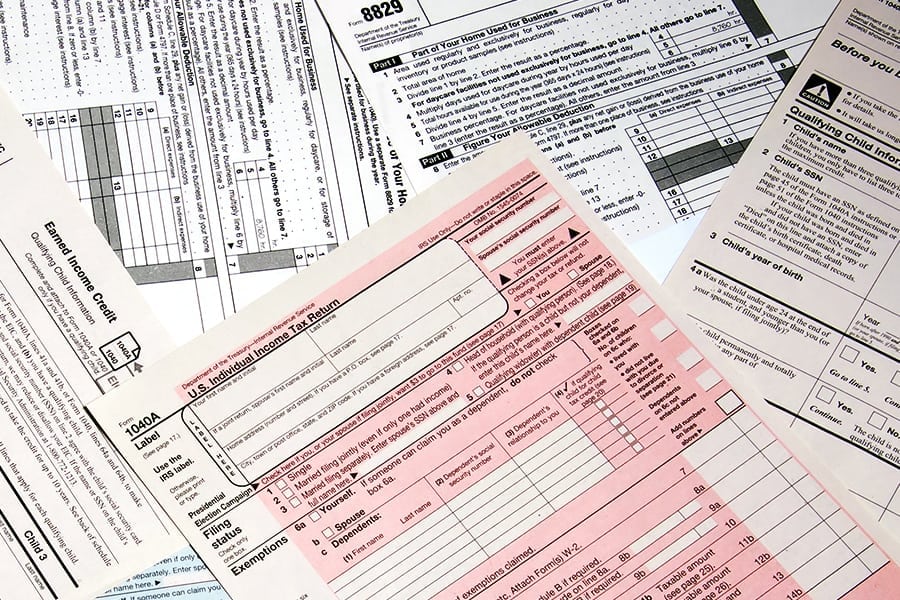Student loan tax deductions are one of the benefits you can get from student loans.
Due to the country’s complex tax code, student loan tax deductions do not apply to everyone.
Student loan tax deductions are different from student loan tax credit.
Here are some of the things you need to know about the student loan tax deduction.
Student Loan Tax Deduction: Knowing The Basics
1. Who Qualifies
The Internal Revenue Service (IRS) expresses that an individual’s modified adjusted gross income (MAGI), should be less than $80,000.
If jointly filed by married couples, it should be $160,000.
One instance a student loan tax deduction cannot be qualified is when your parents loaned you money for college.
You can’t remove the interest you have paid them on your tax.
Another instance is when your employer funds your schooling, the amount they lent you is not eligible for tax deductions.
2. Tax Benefit

The IRS states that the name appearing on the loan is the one who can apply the deduction.
The loan has to be taken out by you, your spouse, or your dependent.
The recipient of the funding should be enrolled in an eligible educational institution.
These institutions may be a college, university, or a vocational school.
These schools should be able to participate in the financial aid of the U.S. Department of Education.
3. How Much Can You Deduct
You may be able to deduct as much as $2,500 of student loan interest in a year.
The deduction is used on payments entailed by your lender and on the interest paid out of intended payments.
The more often you pay your loan, the more you may be able to deduct.
You can subtract all the interest you paid until the rest of the loan is paid.
(Bonus Tip: Liking these tips? Take 10 more for free! The Ultimate Student Loan Resource Library has 10 of the most important things to know about student loans so you can pay off your loans the smartest and easiest way possible. Click here to learn more and to get the free guide.)
4. Income Restrictions

There are income restrictions with regards to the student loan interest deduction.
You are entitled to the whole $2,500 deduction if your modified adjusted gross income is $65,000 or less.
This deduction is steadily diminished when your modified adjusted gross income rises from $65,000 up to $80,000.
Eventually, when your MAGI reaches $8,000 or more, you won’t be able to avail a deduction.
5. Tax Deduction Vs. Tax Credit

You may be wondering what’s the difference between a tax deduction and tax credit?
Well, a tax credit is an amount taken from the total you borrowed on proceeds.
Tax deduction, on the other hand, is only a partial reimbursement on the amount you shelled out.
Learn how student loan interest deduction works on this video from Build Your Tomorrow:
Prolonging your student loan payments to take advantage of tax deductions may make no sense at all.
It would be advisable to just pay off your student loan as quickly as possible.
Student loan tax deductions can be beneficial if you meet the cash limits set.
Seasoned workers may not benefit from this tax break at all given what would be their MAGI by this time.
(Bonus Tip: Liked these tips? Take 10 more for free! The Ultimate Student Loan Resource Library has 10 of the most important things to know about student loans so you can pay off your loans the smartest and easiest way possible. Click here to learn more and to get the free guide.)
Do you know other student loan tax deduction benefits? Please let us know your thoughts by leaving your comments below.
Up Next: How To Pay Off Student Loans


Leave a Reply